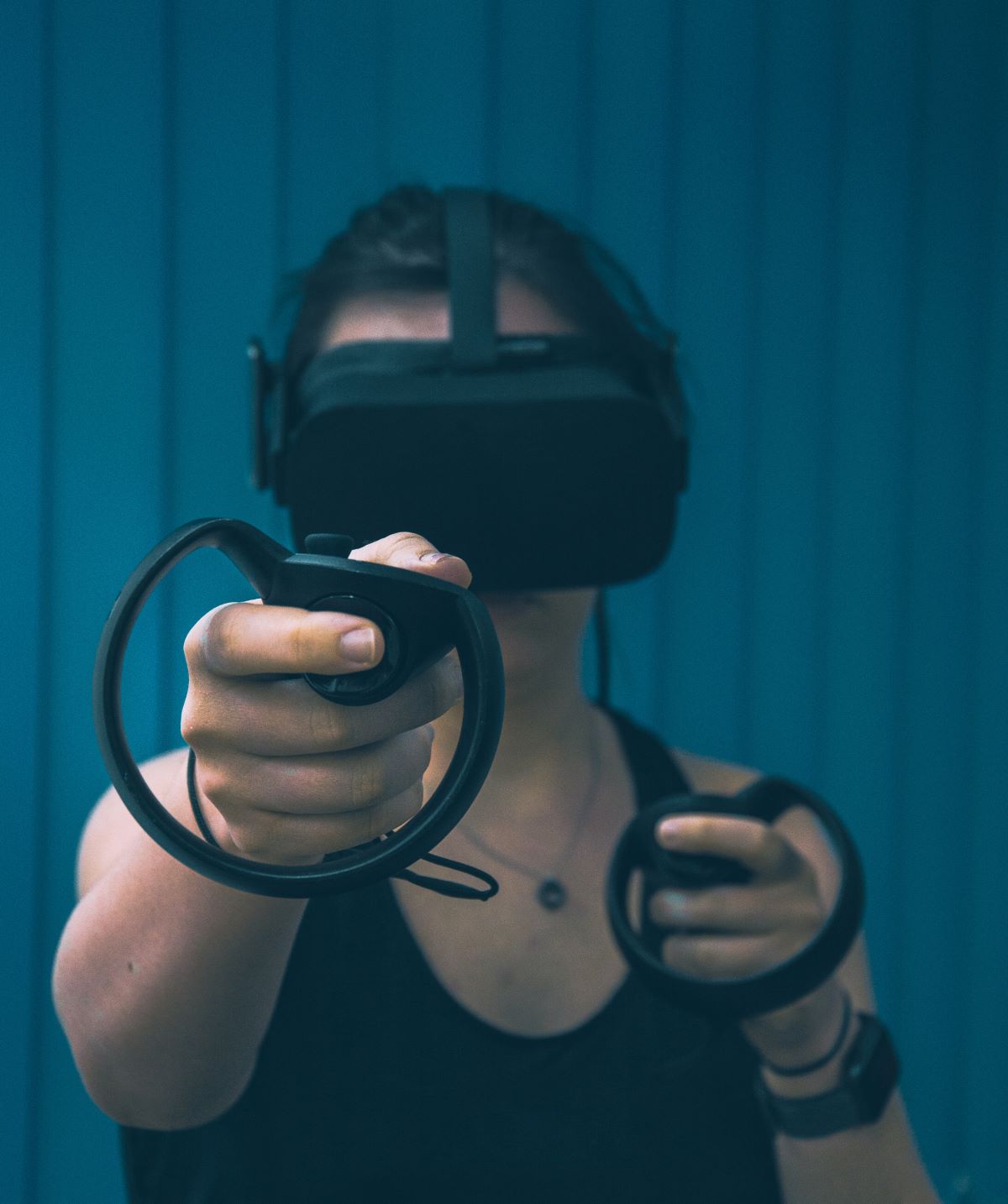“Moral Evaluations in the Metaverse"

Date: Friday, Apr 21, 2023
Start time: 3:30 p.m.
End time: 5:30 p.m.
Location: Starke House 101, 915 W. Franklin St., Richmond, VA 23284
Audience: Philosophers and philosophy students
In the ethics of virtual actions, there has been a broad tendency to adopt one of two camps. On the amoralist view, users are never appropriate targets for moral evaluation on the basis of their virtual actions, since no one is actually harmed and virtual actions do not reflect real-world desires. On the willing endorsement view, users may be appropriate targets of moral judgments for their virtual actions in those cases where the action is endorsed by the player’s real-world desires, independent of whether real-world harm is done. Emerging virtual reality technologies increase the possibility of virtually real experiences, experiences which users treat as if they were real. Despite their differences, the amoralist and willing endorser largely agree about the ethical impact of virtually real experiences. For the willing endorser, it is appropriate to judge users for their virtual actions in virtually real experiences. For the amoralist, it is appropriate to judge users on the basis that they are capable of performing those actions in real-world contexts.
In this talk, I argue that the fundamental distinction between real-world and non-real-world desires is too blurry to be useful in evaluating users on the basis of their virtual actions. Instead, we should look to the degree to which the user sees their virtual behavior as constitutive of their narrative identity. Importantly, virtual behavior may be constitutive of one’s narrative identity even when the virtual reality simulation does not generate a virtually real experience for them. As such, the ethical impact of emerging virtual technologies is largely independent of their ability to generate virtually real experiences. Nevertheless, virtual reality technologies provide greater opportunities for users to exercise genuine agency. As such, they afford greater opportunities to constitute narrative identity, and so greater opportunities for moral evaluation.
Sponsor(s): VCU Philosophy Department, College of Humanities and Sciences
Event contact: Andrew Moon, amoon@vcu.edu